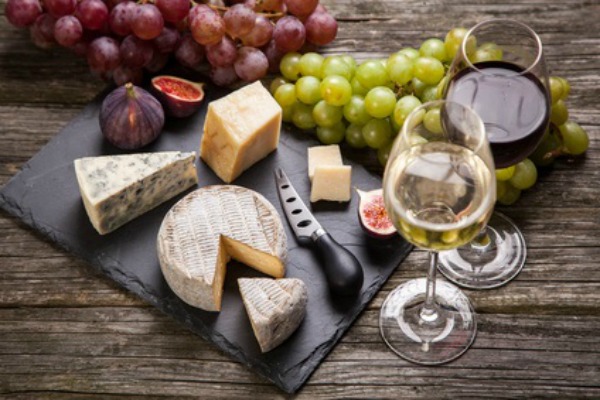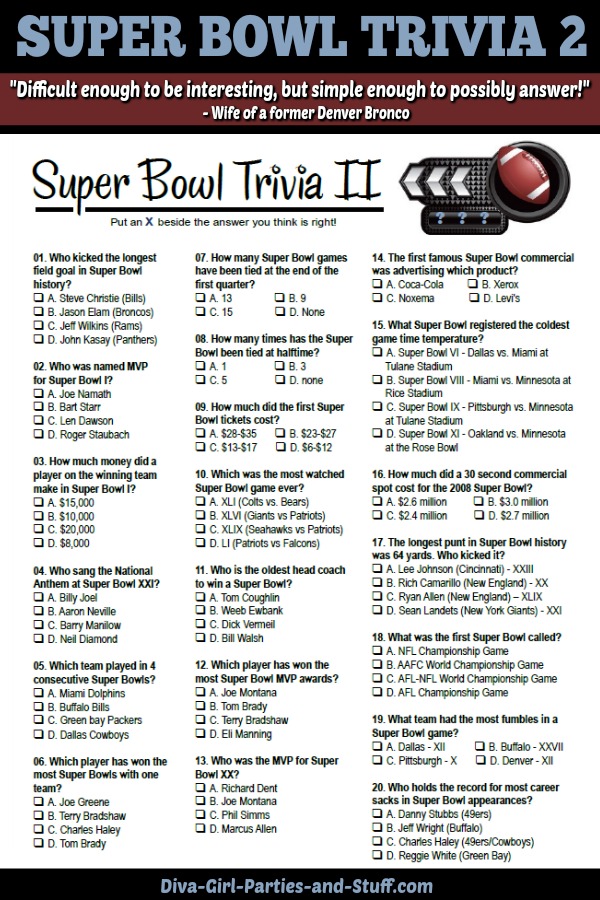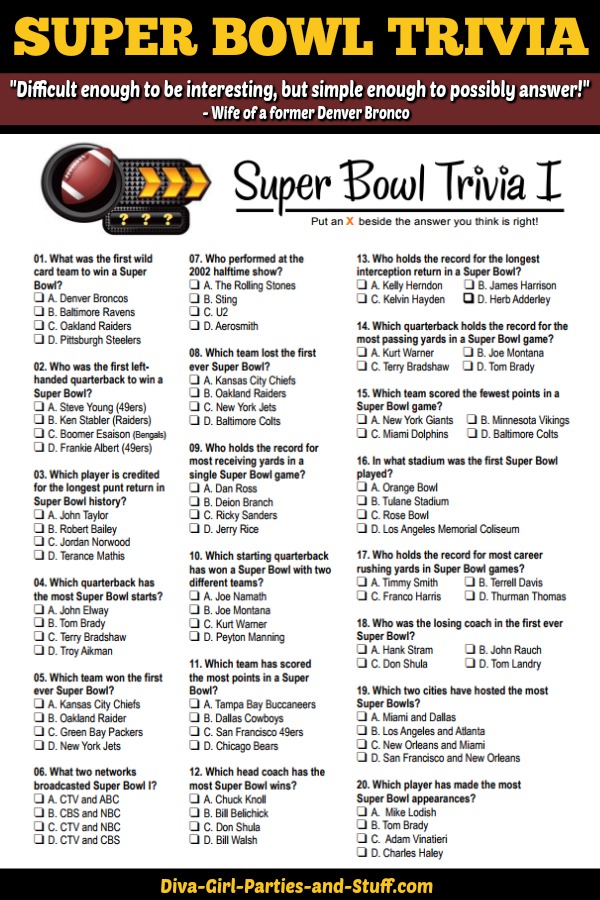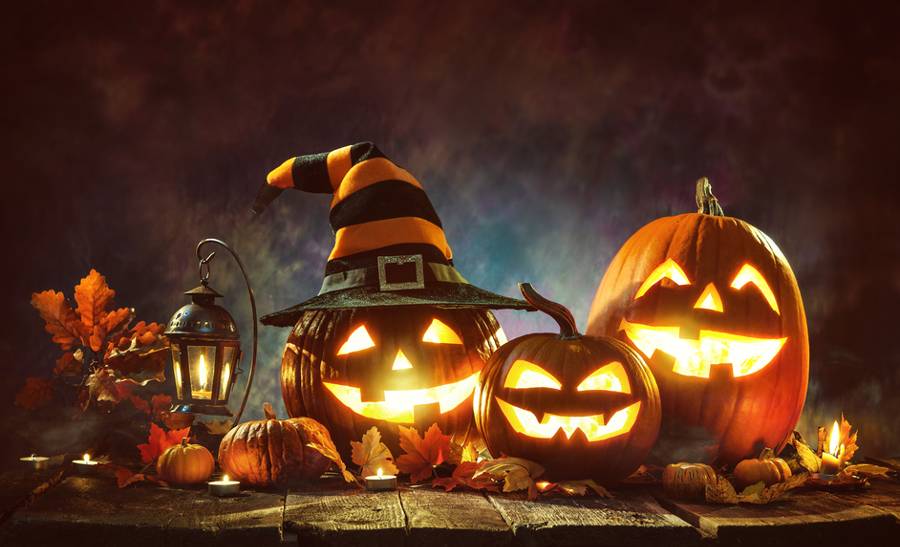Classic Wine and Cheese Pairing
Wine and cheese go together like...well, cheese and wine! I have a hard time thinking of a better pairing.

If you are hosting a dinner party or wine tasting, cheese is an obvious choice as an easy and delicious accompaniment to many wines. Either served as appetizers or as a formal cheese course before dessert, cheeses can enhance the experience of wine in many respects.
But like other foods, wine and cheese pairingcan occasionally be tricky, with some pairings heightening the experience of both the wine and cheese and others simply clashing.
What is the solution? Stick to some of the classic wine and cheese pairings for starters so that you are sure to have a smash success at your next wine tasting event or dinner party.
As a general rule, try to pair wines with cheeses that are traditionally made in the same local region. Pair like flavors with like, pair sweet wines with salty cheese and balance acidic wines with intense, creamy cheeses. These will become more obvious as you read on.
Champagne and Creamy Cheeses
Champagne and many other sparkling wines tend to be intense with high acidity. This bright, intense flavor pairs well with creamy, rich cheeses. The acidity cuts through the rich, creaminess of the cheese beautifully.
Classic cheeses like Brie and Camembert work well. However, for a real treat, try to find the ultra-rich triple-cream cheeses, meaning they have very high milk-fat (around 75% in many cases). Examples of these include Saint-André, Brillat-Savarin, and Explorateur.
Sauvignon Blanc and Chenin Blanc with Chevre
Here is an example of pairing a wine with its local cheeses. Sauvignon Blanc and Chenin Blanc are both white grapes indigenous to the Loire Valley in France. Sauvignon Blanc makes up wines such as Sancerre and Pouilly-Fumé while Chenin Blanc is found in Vouvray and Savennières, amongst others.
The classic cheeses for pairing these intense white wines are the local Loire Valley goat cheeses (chèvre) produced throughout the region. The rich and earthy flavors of the chèvre stand up beautifully to the bright and mineral-imbued flavors of the wines.
Burgundy with Epoisse
In a sense, this is a classic pairing of stinky cheese with stinky wine, but it is also a local wine and cheese pairing.
Epoisse is a classic cheese produced in, you guessed it, Burgundy in France. To some cheese lovers, it is the king of cheeses. When ripe, it can be quite stinky, with a pungent, rich, meaty, creamy and salty flavor. Other examples from the region which can be similar include Affidelice and Pié d'Angloys.
Only wines which are equally pungent, complex, earthy and rich can stand up to such a cheese. Local red Burgundy wines, made from Pinot Noir, can often fit the bill. Aged examples can often take on stinky, undergrowth, earth, mushroom and meat-like aromas and flavors. The pairing of these aromatic meaty, earthy wines with the pungent cheese can be sublime.
Other wines can work as well. Look for rich wines with earthy flavors. Some examples that can work include Chateauneuf-du-Pape and Bandol.
Piedmontese Wines with Truffle Cheese
Wines from Piedmont, particularly those made from the Nebbiolo grape, can have a distinct earthy, white truffle aroma. In fact, white truffles, those famed and expensive fungi, are found in the same region! Is it any mistake that the wines accompany those earthy truffle aromas beautifully?
Local cheeses, like Boschetto al Tartufo, often incorporate bits of truffle and pair beautifully with the local wines from Barolo, Barbaresco and even some richer Barberas.
Port and Stilton
One of the most classic cheese and wine pairings of all time, Port and Stilton seem to be made for each other. They seem to break all the rules. Their flavors are quite different and they are not produced in the same region.
Port, the fortified wine from Portugal, is usually quite sweet and full bodied. Stilton, a traditional English blue cow's milk cheese, is creamy, pungent and salty. Yet somehow the sweetness of the wine perfectly cuts the creamy, saltiness of the cheese.
Other blue cheeses can work, but for the ultimate in classic cheese and wine pairings, serve real English Stilton with Port at your next wine tasting.
Sauternes and Roquefort
For similar reasons, Sauternes, the sweet wine of Bordeaux, and Roquefort, the original French blue cheese, compliment each other wonderfully. Roquefort is both lighter in color than Stilton and seems a bit saltier. While it can work with a red dessert wine like Port, it really comes into its own with a brighter, white sweet wine like Sauternes.
While the sticky sweet flavor of the wine may be too much for all but the most intense sweet tooth, the salty pungency of the Roquefort helps cut and balance the sweetness in a way that brings both to another level.
Article author Josh Dusick is the editor of the Wine Tastings Guide where you can get information about how to host a wine and cheese tasting party, how to serve and taste wine, and tips for pairing wine and food.
Recent Articles
-
Super Bowl Trivia Questions | Last Updated Jan 30 2025
Jan 30, 25 11:31 AM
A challenging list of multiple choice super bowl trivia questions to add to your trivia, football, or Super Bowl parties. Use them as an icebreaker or play a full out competition. -
Multiple Choice Super Bowl Trivia Printable Game | Updated Jan 29 2025
Jan 29, 25 01:36 PM
Challenge your Super Bowl party guests with this printable multiple choice Super Bowl trivia quiz. Fun, engaging, and perfect for fans of all ages! -
Halloween Party Game Ideas
Oct 28, 24 01:23 PM
Spooktacular Halloween party game ideas to entertain your guests. Games range from scary to funny, challenging to easy. Printable trivias, icebreakers, and more









